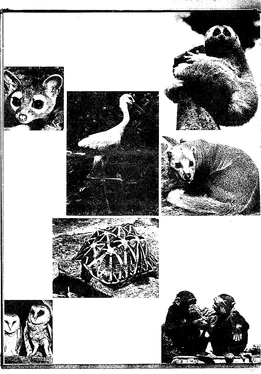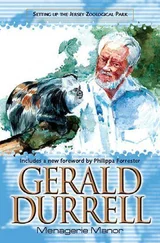Gerald Durrell - Island Zoo
Здесь есть возможность читать онлайн «Gerald Durrell - Island Zoo» весь текст электронной книги совершенно бесплатно (целиком полную версию без сокращений). В некоторых случаях можно слушать аудио, скачать через торрент в формате fb2 и присутствует краткое содержание. Жанр: Природа и животные, на английском языке. Описание произведения, (предисловие) а так же отзывы посетителей доступны на портале библиотеки ЛибКат.
- Название:Island Zoo
- Автор:
- Жанр:
- Год:неизвестен
- ISBN:нет данных
- Рейтинг книги:3 / 5. Голосов: 1
-
Избранное:Добавить в избранное
- Отзывы:
-
Ваша оценка:
- 60
- 1
- 2
- 3
- 4
- 5
Island Zoo: краткое содержание, описание и аннотация
Предлагаем к чтению аннотацию, описание, краткое содержание или предисловие (зависит от того, что написал сам автор книги «Island Zoo»). Если вы не нашли необходимую информацию о книге — напишите в комментариях, мы постараемся отыскать её.
Island Zoo — читать онлайн бесплатно полную книгу (весь текст) целиком
Ниже представлен текст книги, разбитый по страницам. Система сохранения места последней прочитанной страницы, позволяет с удобством читать онлайн бесплатно книгу «Island Zoo», без необходимости каждый раз заново искать на чём Вы остановились. Поставьте закладку, и сможете в любой момент перейти на страницу, на которой закончили чтение.
Интервал:
Закладка:
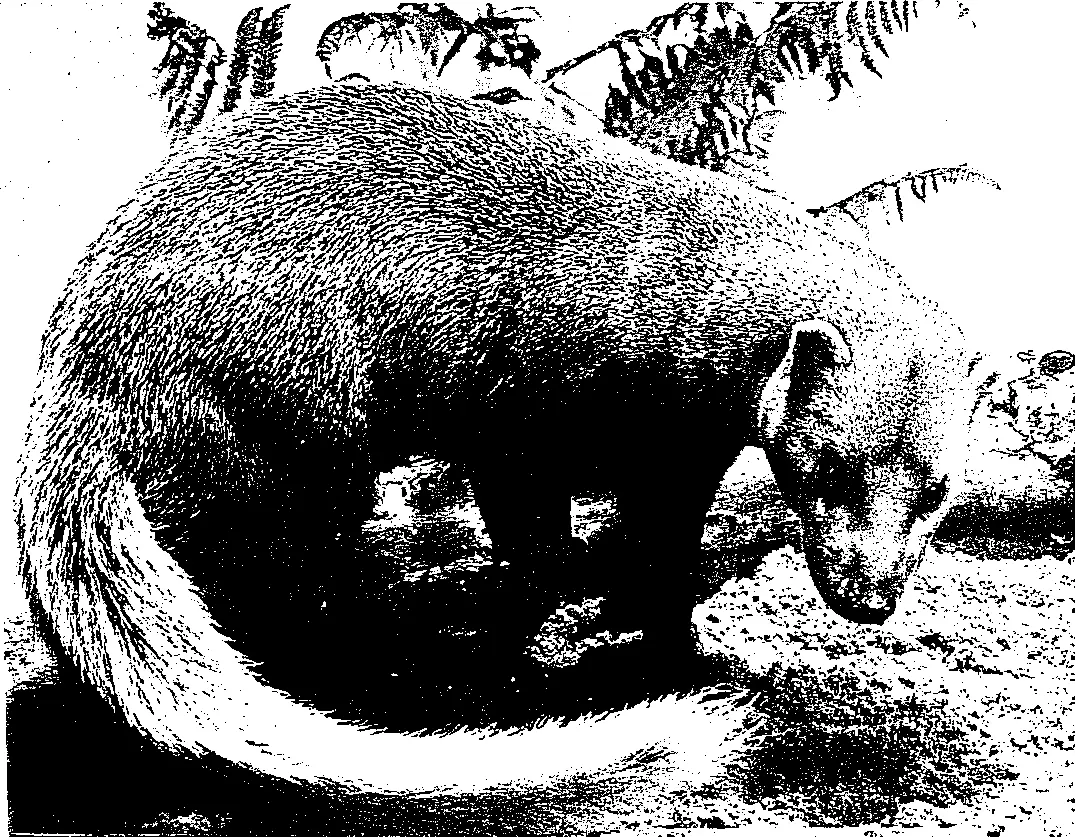
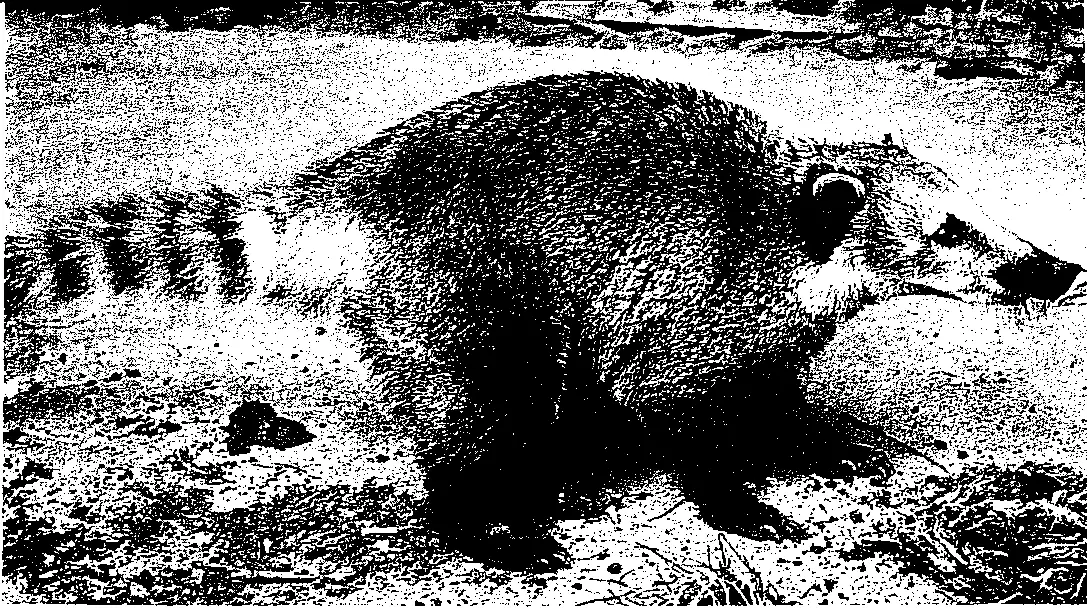
Coatimundi
shirt and put her in a cage. However rare an animal is, when it tries to dig a hole in your stomach, you begin to wonder if it was worth getting.
Another creature which, although tame, did me considerably more damage than Ticky the mongoose, was Mathew the coati (ko- WAT-ee). Coatis are rather charming little creatures found in South America. They lived in great troupes in the forest, shuffling along with their flat-footed, rather bear-like walk, their long rubbery tip- tilted noses wiffling from side to side as they investigate every rotten log or stone, in search of snails, scorpions, birds’ eggs and other delicious tidbits. Mathew, when I got him in Northern Argentina, was quite young. He had been captured in the forest by a native hunter, who had kept him for about two months before selling him to me, and so he was quite tame. I kept him on a collar and a long lead attached to a tree near my camp, and nearby was a big pile of logs. Mathew used to spend the whole day carefully turning over these logs with his paws, uttering excited squeaks and bird-like trillings as he found woodlice or snails. Sometimes I would go into the forest and fetch him a large, really rotten log, and this he loved. He would spend an hour or so carefully picking it to pieces, searching for tree frogs or snails, or centipedes which lived in the rotten interior, and, by the time he had finished, the log would be just a powdery heap of sawdust. When I brought my collection of animals back I had found a young female coati as a wife for Mathew, and we called her Martha. We built a nice cage, introduced Martha to Mathew, and put them in it. They seemed very pleased, not only with the cage but with each other, and after they had spent a day in their new quarters I went in to see how Mathew was getting along. In the old days, when I had called him. Mathew would run towards me. twittering with delight, and let me lift him in my arms, and would then proceed to lick me all round the neck. On this occasion he ran forward as usual, and I started to lift him up. I had got him half-way up to my neck, when he suddenly turned round and sank his teeth into my elbow. I managed to shake him off, but not before he had torn a great hole in my elbow that needed six stitches in it. and that made my arm useless for three weeks. I was very puzzled at Mathew turning on me like this, and the only reason I can think of is that he had a new home and a new wife, and he felt he ought to show- me that this was his territory and that 1 could not just walk in whenever i liked. But whatever the reason, it just goes to show that you cannot be too careful with wild animals, however tame they appear to be.
Raccoons
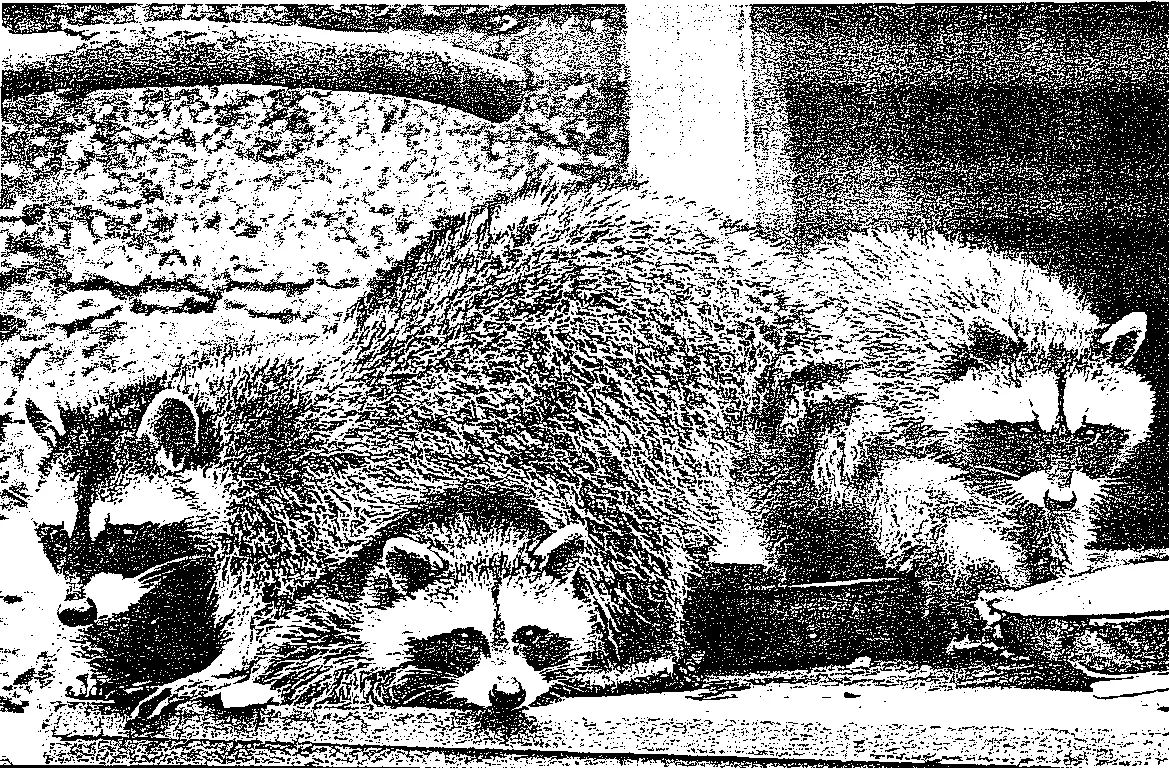
Another little animal from North America that reminds me of the coati is the raccoon. They have the same inquisitive natures, and the same sort of flat-footed walk as the coati. In the wilds they sleep during the day, sometimes in hollow trees, and sometimes in rough nests they build up in the tree-tops. They come out at night to hunt for their food, which consists of almost anything that is edible, from fruit to frogs and baby birds. They are very skillful climbers, and a lot of birds’ nests fall victim to them. In some parts of North America they are called wash bears, and this is owing to their rather bear-like walk, and a very curious habit they have developed. Whenever they find any food, they take it to the nearest water and very carefully wash it before eating it. They sit there, looking like fat, fluffy washerwomen, all wearing black masks, dipping their food into the water and rubbing it carefully with their paws before they eat it. It does not matter what sort of food it is: they will wash fruit or vegetables or birds 1eggs, and will even carefully wash a frog in the same stream in which they have caught it.
Now we come to one of the most popular of our zoo’s animals: Claudius the South American tapir (TAY-per). Millions of years ago, in prehistoric times, there were tapirs, and we know from their skeletons that they looked exactly as Claudius does today.
So Claudius is really a prehistoric animal, for he and his ancestors have come down unchanged through the centuries. Baby tapirs when they are born are a pale fawn color, streaked and spotted all over with white. When you first see this curious coloration, you think that it would make the baby tapir very conspicuous to his enemies. But then when you see the baby lying under some bushes in the forest, where the sunlight filters through the leaves and makes a dappled pattern in the shade, you realize that the baby’s coloration is his best protection, for he merges into the pattern of sunshine and shadow so beautifully that you have to look very closely to see that he is there at all. When I first got Claudius he was about the size of a large dog. and he was just starting to lose his pattern of spots and stripes. I bought him off a hunter when I was in Buenos Aires—the capital of Argentina—before I had any place to keep my animals. Naturally the hotel I was staying in would not let me keep him there, and in desperation I telephoned some friends of mine and asked if they could keep Claudius in their garden. They very kindly said they would. I bought
him a big collar and lead, and took him round to my friends’ ^
house. Here I found that the garden (of which they were very proud) was quite tiny. But we tied Claudius to the railings of the balcony, and he seemed very happy, with a great pile of fresh vegetables in front of him. Early the next morning I telephoned my friends to find out how Claudius was, and learned to my horror that he had grown bored when he had eaten all his vegetables, and he had calmly broken his lead and wandered about the garden, treading on all the flower beds, and had eaten half the flowers. I had to rush round to my friends’ house with a new and stronger lead for Claudius, and a lot of potted plants to replace the ones he had eaten. I apologized to my friends, gave Claudius a good talking to and tied him up once again. The next morning I again telephoned to find out how Claudius was, and they told me that this time he had broken his collar, trampled down most of the garden and eaten the remains of the flowers. Again I had to rush round with more potted plants and a very thick collar and chain, which was strong enough. I would have thought, to hold an elephant. But the following morning my friends telephoned me and asked if I would please take Claudius away. That evening, they had given a dinner party to some friends. Claudius got bored with being left alone in the garden, and as there was a party going on inside the house he did not see why he should not be invited too. He broke his chain, and calmly walked up the steps to the balcony (trailing about twenty feet of chain behind him) and walked through the French windows and into the dining room. Of course, all the guests sitting at dinner were not prepared for the arrival of a live tapir in their midst, and were panic-stricken. The more frightened they became, the more it frightened Claudius, who could not understand what all the fuss was about. There was Claudius galloping round and round the dining- table, while all the guests screamed and leapt on their chairs. It was quite some time before one of the braver guests managed to shoo Claudius out into the garden again, and by then the dinner was ruined, with broken plates and overturned chairs lying everywhere in the dining room. As my friends pointed out, they could not keep Claudius and entertain friends to dinner, and Claudius would have to go. Luckily, by that time I had a place to keep my animals, and I moved Claudius. I do not think my friends were very sorry to see him go, for their garden, of which they had been so proud, looked as though it had had a bulldozer loose in it, and even their dining-room still had traces of the night when Claudius was the unexpected guest of honor.
Читать дальшеИнтервал:
Закладка:
Похожие книги на «Island Zoo»
Представляем Вашему вниманию похожие книги на «Island Zoo» списком для выбора. Мы отобрали схожую по названию и смыслу литературу в надежде предоставить читателям больше вариантов отыскать новые, интересные, ещё непрочитанные произведения.
Обсуждение, отзывы о книге «Island Zoo» и просто собственные мнения читателей. Оставьте ваши комментарии, напишите, что Вы думаете о произведении, его смысле или главных героях. Укажите что конкретно понравилось, а что нет, и почему Вы так считаете.
